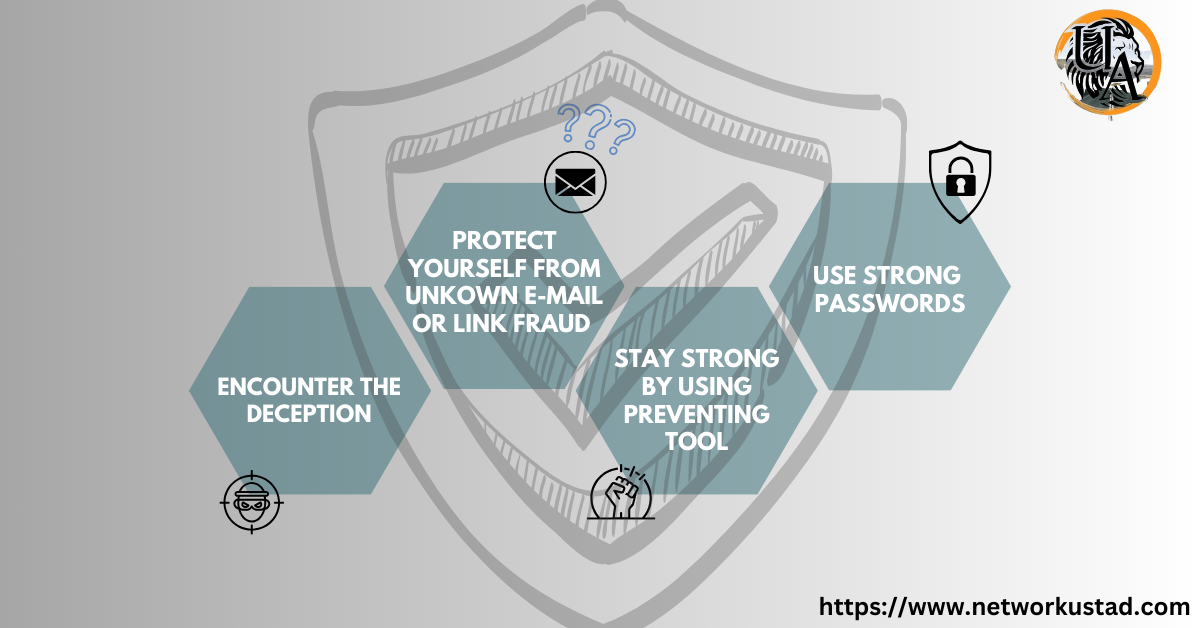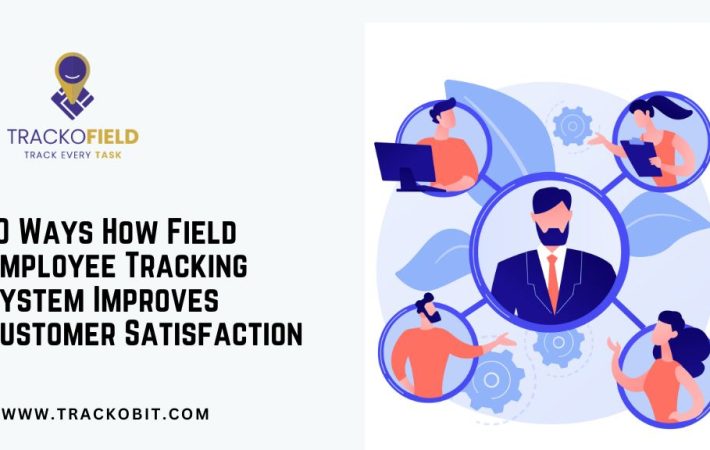In today’s digital age, the Badest Digital Thiefs always looking for a chance to steal your money or personal information. Don’t let them win! This guide will help you spot these digital thieves and protect yourself from Fraud. Is Scamalytics legit
Comprehend the Fraud
Knowledge is your first line of defense. Know common scams, like phishing and identity theft. Phishing uses fake emails to trick you into revealing sensitive info. Identity theft is when criminals misuse your data. For instance, the “Prince of Nigeria” scam is a classic phishing example. Also, data breaches at major retailers often lead to identity theft. Stay updated on scams. Follow reputable sources, like the FBI’s IC3.
Protect yourself from Phishing Attacks Fraud
Some people may pretend to be someone you know or a trusted company. They do this to trick you into giving away your personal information. Stay alert and protect your info. They can ask for your password or credit card number through a phony email or text message.Please don’t let it fool you! When opening attachments or accessing links from senders you don’t know, proceed with caution. Protect yourself by being smart and staying alert online. Empower your employees.
Empower Your Employee From Fraud
Your employees are often the initial point of contact for potential fraudsters. Equip them with the skills to identify suspicious emails, phone calls, or messages through comprehensive fraud awareness training. Stress the need to verify requests for sensitive information. Be wary of urgent or threatening messages. Training employees to spot email address differences can cut phishing risk. Learn and be safe again and again
Build a powerful digital fortress To prevent Fraud
A multi-layered security approach is crucial. Employ strong, unique passwords, and Add an Extra Layer of Security. Keep Your Software Up-to-Date. Regularly review and update access controls to sensitive information. Boost Your Online Armor. A password manager, for instance, can assist in creating and keeping secure, one-of-a-kind passwords for every account.
Safeguard Your Data From Fraudsters
Your data is a valuable asset. Protect it with robust encryption methods like AES-256. Store data securely on encrypted hard drives or cloud platforms with strong security measures. Limit access to sensitive information and conduct regular data audits to identify Weaknesses. For example, to prevent unwanted access, think about encrypting credit card information and other sensitive consumer data.. More information about “AES-256”.
AES-256: Your Data’s Secret Safe: Imagine your secrets are locked in a super strong vault. To open it, only you have the unique key. That’s like AES-256. It’s a super powerful lock that keeps your information super safe. Even the smartest thieves would have a really hard time breaking in.
Use Fraud Detecting Tools
Specialized fraud prevention tools can be invaluable. Fraud detection software, powered by machine learning, can analyze transactions and flag suspicious activity. Consider fraud analytics platforms to uncover patterns and trends. For example, tools like aberration detection software can identify uncommon spending patterns that may indicate fraudulent activity.
Stay Strong
Fraudsters are constantly growing their Plans. Continuously monitor your systems and financial transactions. Use SIEM systems to detect threats in real time. Stay updated on the latest fraud trends through industry resources. For example, fraud alerts and industry conferences can help. They keep you informed about new threats.
Security Information and Event Management: SIEM is a tool. It gathers and examines data on company computer systems to find threats. It acts like a watchful guard, looking for unusual or suspicious activity. When something odd happens, SIEM can alert the security team so they can take action to protect the company’s valuable data.
Make Your Workplace Safe
Promote a security-conscious culture inside your company. Create open channels for employees to report suspicious activities without fear of a Comeback. Regularly teach employees how to avoid online scams and test their knowledge with fake emails. For example, Give employees a prize if they tell someone about something strange they see. This will encourage them to always be on the lookout.
By implementing these comprehensive measures and incorporating specific examples, you can significantly enhance your ability to detect and prevent fraud. Remember, a proactive approach is essential in safeguarding your assets and protecting your interests.
For Your information:
You can only build a digital fortress as strong as its weakest link. Protect it relentlessly.
I hope this improved performance addresses your problems and maintains the quality of the original article
Conclusion
Be careful online. Bad people want to steal your money or personal info. You can protect yourself by knowing about scams. Use strong passwords. Instruct your staff on online safety. Keep an eye out for anything suspect at all times, and safeguard your computer.
FAQs
General Questions
- What is phishing?
- Phishing is a Fraud in which artist poses as someone else in order to obtain personal data about you.
- How can I Save my Data From Stealing?
- Watch your bank accounts. Use strong passwords. Be careful with personal info.
- Inform your bank and the police as soon as possible if you believe someone has stolen your identity.
For Businesses
- How can I teach my employees to spot scams?
- Practice with fake emails and tell your employees what to look for.
- Why is it that everyone in the organization needs to be concerned about security?
- It’s more difficult for criminals to enter if everyone takes precautions.
Technology Questions
- What is SIEM?
- SIEM is a tool that watches your computer system for problems and tells you if something is wrong.
- How can I make strong passwords?
- Use a combination of symbols, numbers, and letters to make them difficult to decipher.
- What is encryption?
- Encryption is like putting a lock on your information so only you can open it.
Other Tips
- Keep your computer up-to-date.
- This will help protect your computer from new threats.
- Be careful when using public Wi-Fi.
- Use two passwords to log into your accounts.







Leave a comment
Your email address will not be published. Required fields are marked *